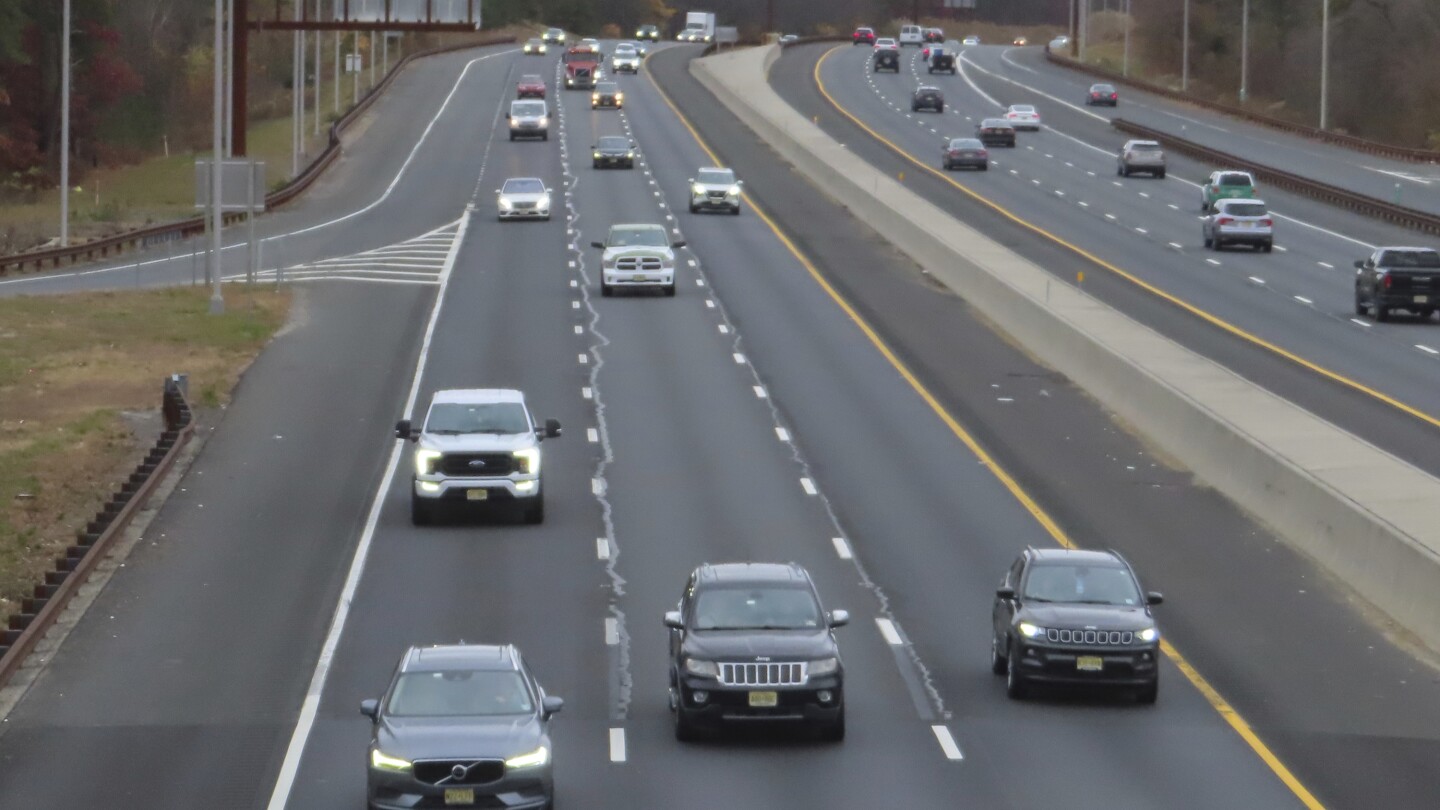New Jersey will prohibit the sale of new gasoline-powered vehicles by 2035 as part of an effort to improve air quality and reduce planet-warming pollutants, officials announced Tuesday.
A rule that will take effect Jan. 1 commits the state to an eventual move toward zero-emission vehicles, the state Department of Environmental Protection said in a news release.
It is one of a growing number of states to do so, including California, Vermont, New York, Washington, Oregon, Massachusetts, Virginia, Rhode Island, Maryland and Connecticut, according to Coltura, a Seattle-based nonprofit advocating for an end to gasoline vehicle use.
New Jersey will start limiting the amount of new gasoline-powered cars that can be sold in the state starting in 2027, eventually reaching zero in 2035.



Every new science finding always says “faster than expected”, but we sure aren’t acting like the clock is running out. Attacking car emissions without doing something about cars themselves (that cause and/or are a cause of a larger problem) isn’t really going to solve much, and certainly not if that’s all we change in more than a decades. How about less cars? Easier to just shift the marketing and keep on producing something.
The problem is that fixing infrastructure for a “less cars” world will take decades. Unless you want a war-time level mobilisation, which I would personally be okay with, but most won’t give up even the slightest convenience so it’s hard to expect many would be fine with that.
So pushing EVs is the more realistic alternative, and it will also help with distributed storage so that more of the increasing level of home and grid scale solar and wind can be used at night.
Some of the more “radical” scientists have been calling for such a thing for a while now. Meaning that it’s needed even more now since we haven’t done much to change anything and more damage has been done. You aren’t wrong, addressing the core problems would be a long and intensive process and most people would resist even required participation (which says something about the chances of voluntarily doing much).
I doubt anyone here disagrees with you that it would be a good thing. Instead, we don’t believe it is a possible thing to have happen in a democracy.
It’s not a coincidence that the car lifestyle is so widespread in the USA - many (most) people really like it. I don’t think you’re ever going to see a lot of support for switching away from it, regardless of the condition of the environment.